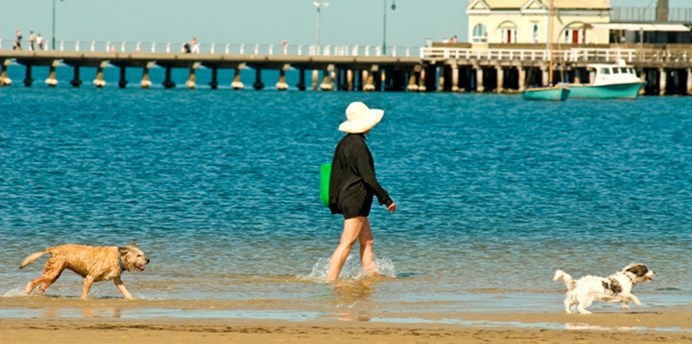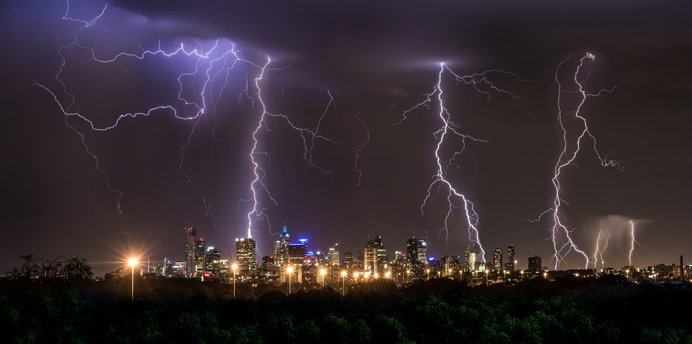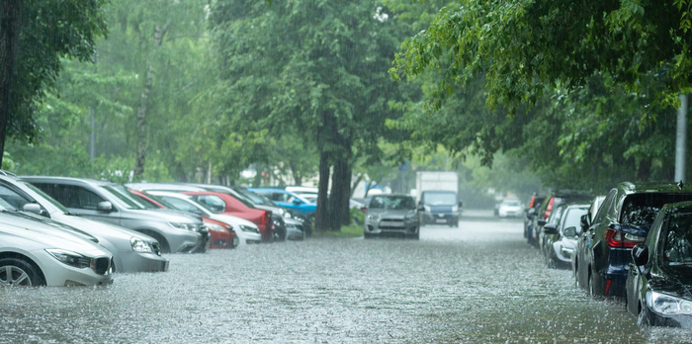Play Your Part
If you see any dangerous or life-threatening behaviour, please call triple zero (000) immediately to report the incident to the police. For non-urgent reports you can call 131 444.
Every summer lots of people visit our beautiful beaches, parks and reserves.
You can help us ensure that our shared spaces remain safe, clean and fun for everyone over the busy summer period.
- Follow our summer bans and restrictions
- Dispose of rubbish responsibly.
We've also included some handy summer tips here for you too.
Alcohol bans
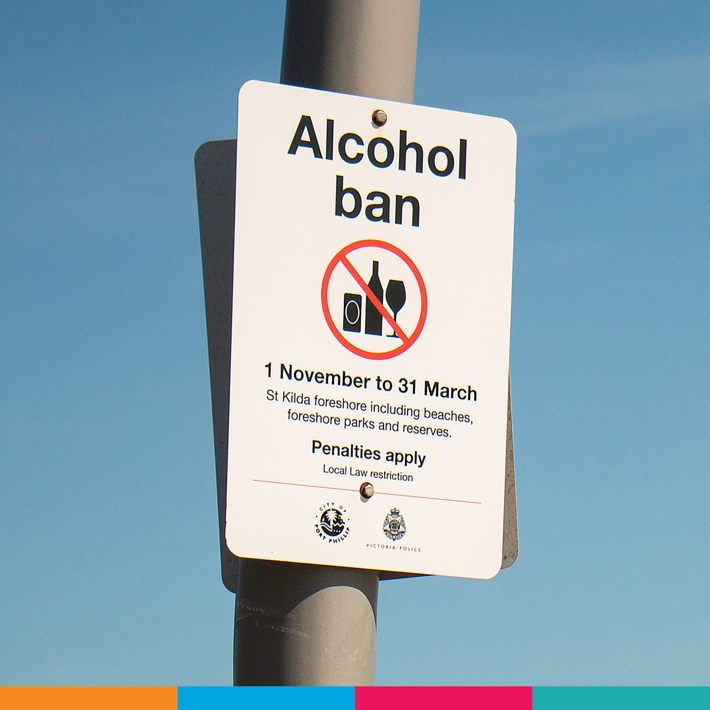
Alcohol bans are in place to ensure that our public spaces remain safe and fun for everyone and that we can avoid celebrations from getting out of hand.
Every summer, the annual St Kilda foreshore alcohol ban runs from 1 November until 31 March. There are also public holiday-specific citywide alcohol bans in place over New Year's (8 pm 30 December to 12 midday 2 January) and Australia Day (8 pm 25 January to 12 midday 27 January). As well as event-specific alcohol bans for St Kilda Festival and Grand Prix.
The bans are enforced by Victoria Police with support from our Local Law Officers, who will be out in force this summer. Make sure you’re prepared in order to avoid receiving a $204 fine or having your alcohol confiscated.
Apart from the bans that occur during our summer months, we also have alcohol bans that are in effect all year round. Visit our Alcohol bans webpage for the full list.
Glass ban
Broken glass can quickly break up the summer fun. So, we’re asking that glass is left at home year-round.
The glass ban applies to our foreshore beaches, reserves and parklands spanning from Elwood to Port Melbourne. If you bring glass to any areas where it is not permitted, you risk receiving a $204 fine and having your glass items confiscated.
Visit the Glass ban webpage for more information and for a map of the foreshore glass ban area.
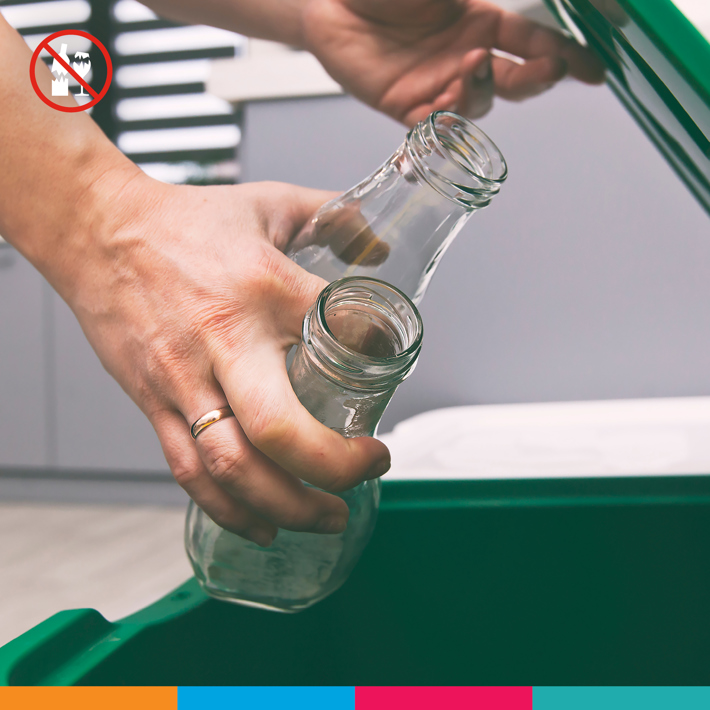
Dog restrictions
From 1 November to 31 March, dog off-leash restrictions change, especially on our beaches. Look for signs to help guide you to find on and off-leash areas. Always check the signs before taking your dog onto the beach.
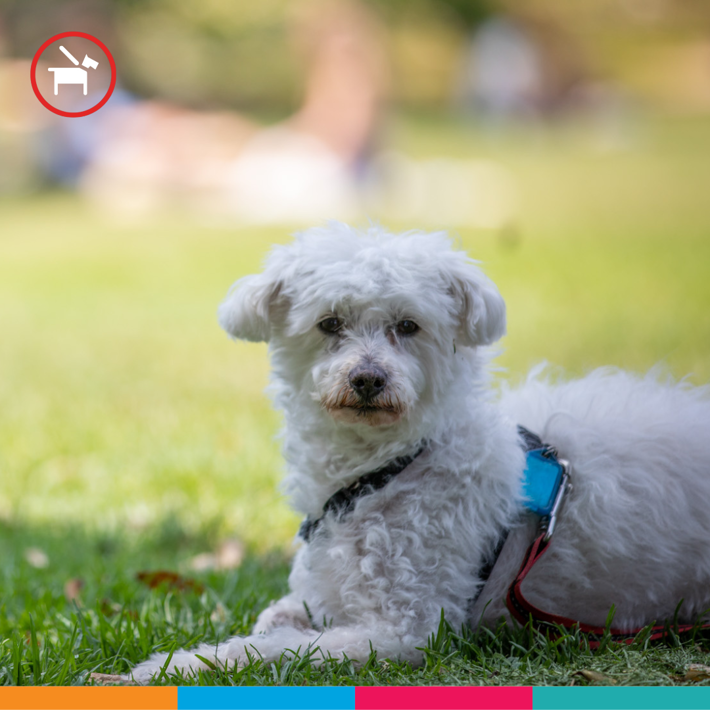
We understand that that summer is a great time to let your pooch play leash-free. That’s why we have designated dog off-leash areas available across the City.
Random patrols are frequently conducted throughout our beaches and reserves and on-the-spot fines can be given to owners for:
- dogs wandering at large
- not having dogs on leashes when they must be
- failing to carry a bag and pick up after your dog
No Camping
Camping is not allowed on any Council land or public space, in any vehicle, tent, caravan or any other form of temporary accommodation. Our Local Law Officers will be patrolling the beach car parks, reserves and streets at all hours enforcing the camping laws and cleaning up camping sites.
E-scooters and our City
E-scooters are now legal to use across Victoria. All riders must follow the rules set out by the Victorian Government. Victoria Police will be enforcing the rules and hefty fines apply for those found not to be complying. For more information, check out Transport Victoria's E-scooter road rules webpage.
Putting rubbish in its place
We know that full bins are a big issue over summer. To accommodate the increased demand, we’re providing extra public rubbish bins, bin collections and beach cleans all summer long, making it easier for everyone to keep our beaches, parks and reserves clean.
Why is it so important?
Even the smallest bit of litter can cause big trouble, polluting out beaches and killing our marine wildlife. Binning rubbish correctly can help stem this problem before it becomes a big issue.
What if the bins are full?
We recommend locating the next closest bin or taking your rubbish with you.
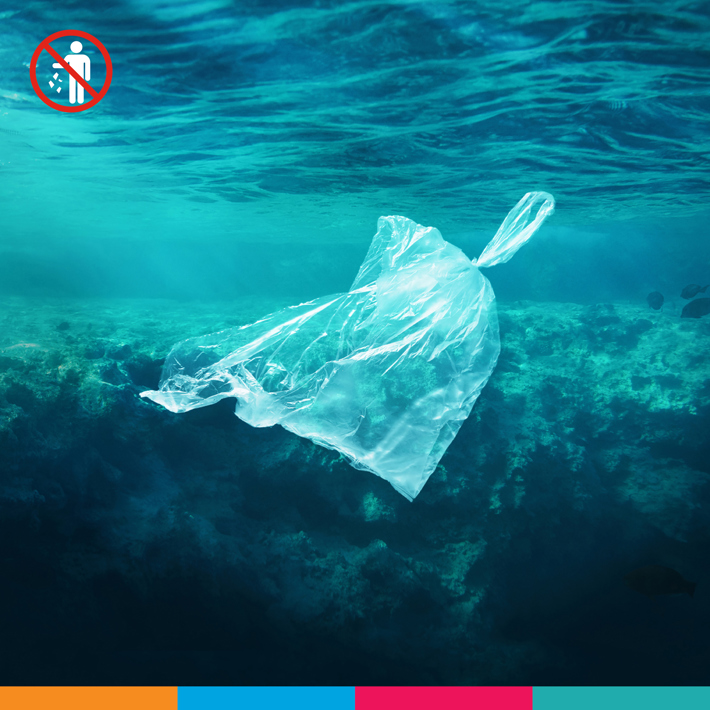
Preparing for extreme weather
Extreme weather - from floods to heatwaves - often peak over the summer months. We have comprehensive weather guides to help you prepare in advance, check them out:
Water safety
Water in the bay can be unpredictable. Stay safe this summer by:
- swimming between the flags
- knowing your limits
- checking for closures, hazards and water quality first.
We recommend checking out summer safety for more details.
It is also important to know the Boating and swimming zones.
Plan your trips in advance
With 11 kilometres of foreshore and many beautiful parks and gardens, we’re spoilt for choice. Why not beat the summer crowds by discovering somewhere new this year?
